Akitas, known for their dignity, courage, and loyalty, are a unique and majestic breed. Originating from Japan, they have specific dietary needs to maintain their health and well-being. This comprehensive guide will delve into the ideal diet for Akitas, providing owners with essential information on how to nourish these noble dogs.
Understanding Akitas’ Nutritional Requirements
Akitas are large, powerful dogs with a robust build. They require a diet that supports their size and energy levels. A balanced diet for an Akita should include a good mix of high-quality proteins, fats, and carbohydrates, along with essential vitamins and minerals. The proper diet supports their muscle health, provides energy, and maintains their thick coat.
Our 5 Top Foods for Akitas
The diets were selected by our founder Justin Palmer, a certified canine nutrition expert, specifically with Akitas in mind:
| Food | Pros | Cons |
|---|---|---|
|
|
|
|
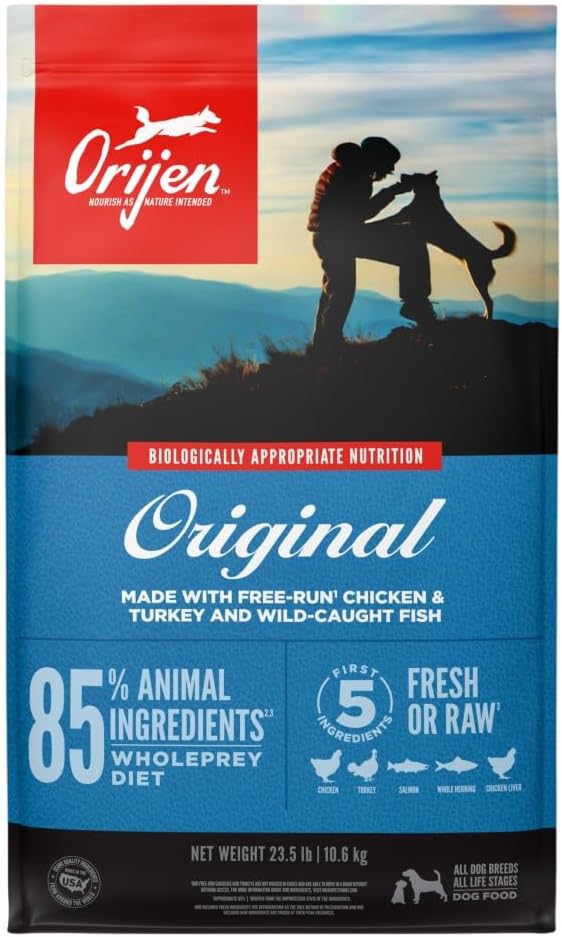
Check Today's Price on: |
|
|
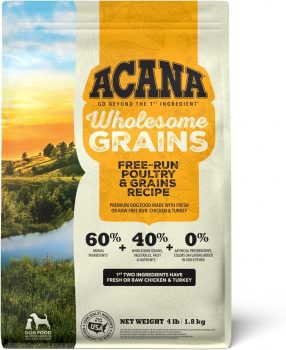
Check Today's Price on: |
|
|
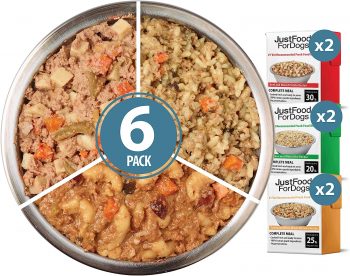
Check Today's Price on: |
|
|
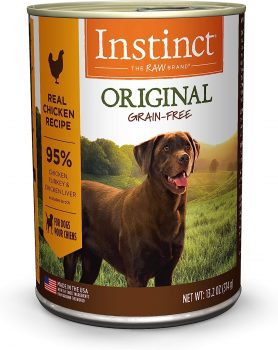
Check Today's Price on: |
|
|
High-Quality Protein Sources for Akitas
Proteins are crucial for muscle maintenance and overall growth in Akitas. The best protein sources for this breed include high-quality meats such as chicken, beef, fish, or lamb. These should be the primary ingredients in their food. Adequate protein intake is essential due to the Akita’s active nature.
The Role of Fats and Carbohydrates in an Akita’s Diet
Healthy fats are essential for Akitas, providing energy and supporting their coat and skin health. Sources like fish oil and flaxseed are beneficial. Carbohydrates should come from complex sources like whole grains, providing sustained energy and aiding digestion.
Vitamins and Minerals: Essentials for Akita Health
A well-rounded diet for Akitas must include the necessary vitamins and minerals—calcium and phosphorus support bone health, which is crucial for a large breed like the Akita. Vitamins A and E are essential for skin and coat health, while B vitamins and antioxidants support overall vitality.
Appropriate Portion Sizes and Feeding Frequency
Akitas are prone to obesity, so portion control is essential. An adult Akita typically requires about 3 to 5 cups of dry dog food daily, depending on their size, age, and activity level. This should be divided into two meals to aid digestion and prevent bloat, a common issue in large breeds.
Nutritional Needs of Akita Puppies and Seniors
Akita puppies and senior dogs have different dietary needs. Puppies require a diet higher in calories and nutrients to support their growth, while senior Akitas may need a lower-calorie diet to maintain a healthy weight. Specialized puppy and old formulas can provide the right balance for these life stages.
Importance of Hydration in Akitas’ Diet
Hydration is crucial for Akitas. Always provide access to fresh, clean water. Some Akitas may benefit from wet food to increase water intake, especially if they are reluctant drinkers.
Addressing Food Allergies and Sensitivities
Akitas can develop food allergies or sensitivities. If symptoms like itchy skin or digestive issues arise, an elimination diet may be necessary to identify the allergen. Hypoallergenic diets or limited ingredient diets can help manage these sensitivities.
Managing Weight to Prevent Health Issues
Overweight Akitas are at risk of developing health issues like diabetes and joint problems. A diet with controlled calorie content and regular exercise is vital. Regular vet check-ups can help monitor their weight and adjust their diet.
Treats and Supplements: Enhancing Akitas’ Diet
While treats are essential to training and bonding, they should be given in moderation. Choose healthy, low-calorie treats. Supplements like fish oil for skin and coat health or glucosamine for joint health can be beneficial, but always consult a vet first.
Feeding your Akita a balanced diet tailored to their needs is essential to their health and happiness. Regular veterinary consultations and careful monitoring of their diet and weight are crucial. With the proper nutrition, Akitas can enjoy a robust and healthy life.
 Check Today's Price on:
Check Today's Price on: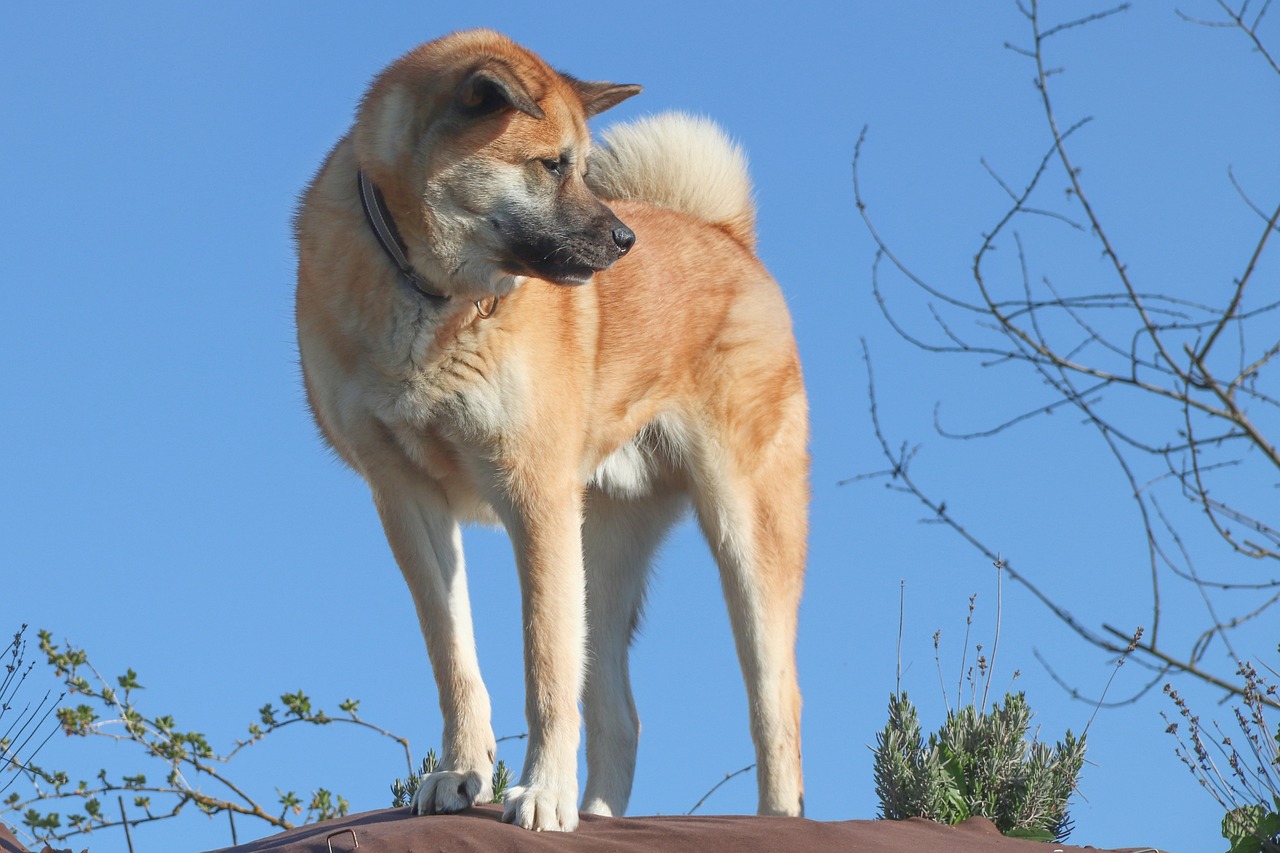
 Toledo, United States.
Toledo, United States.